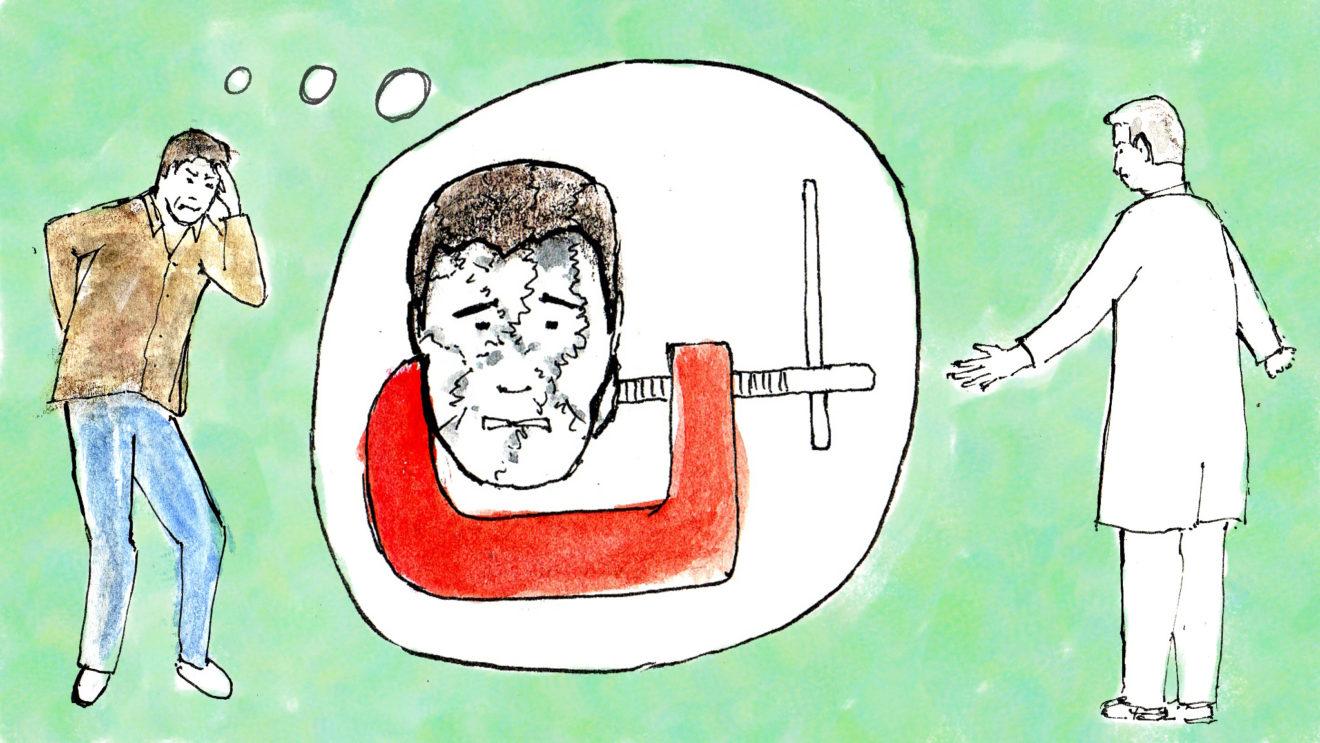What it’s like to get the rare, WWI-era autoimmune disorder affecting Zika patients
Andy North contracted a rare syndrome that once plagued WWI vets.
Reporter Andy North went to work one day and didn't feel right.
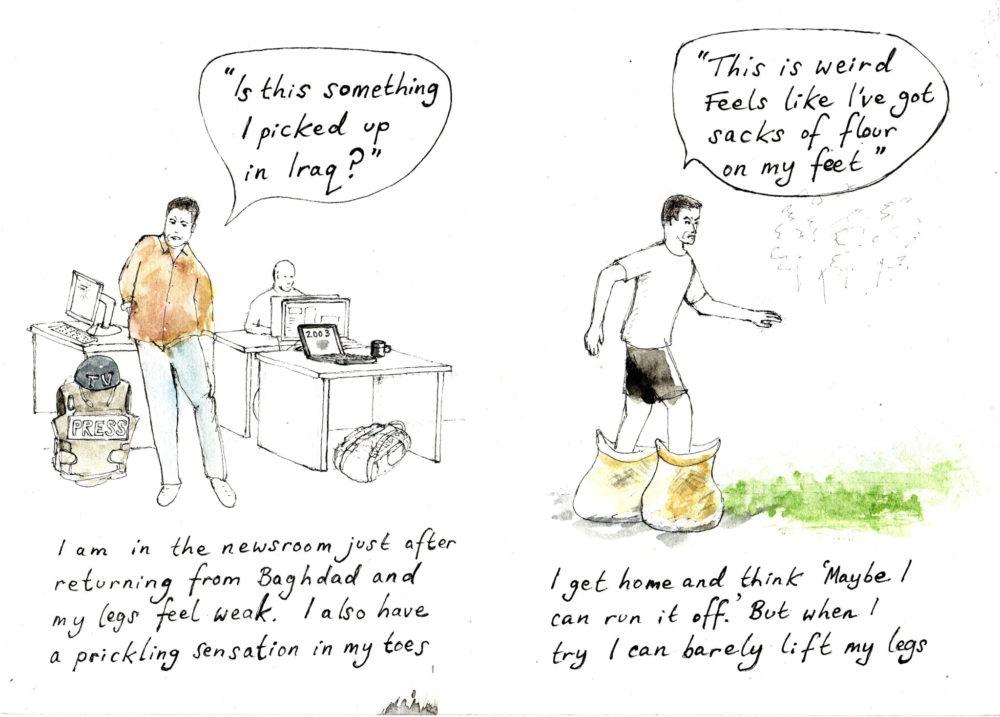
Within a week, North struggled to even walk. "It was unlike anything I had ever experience before," he says.
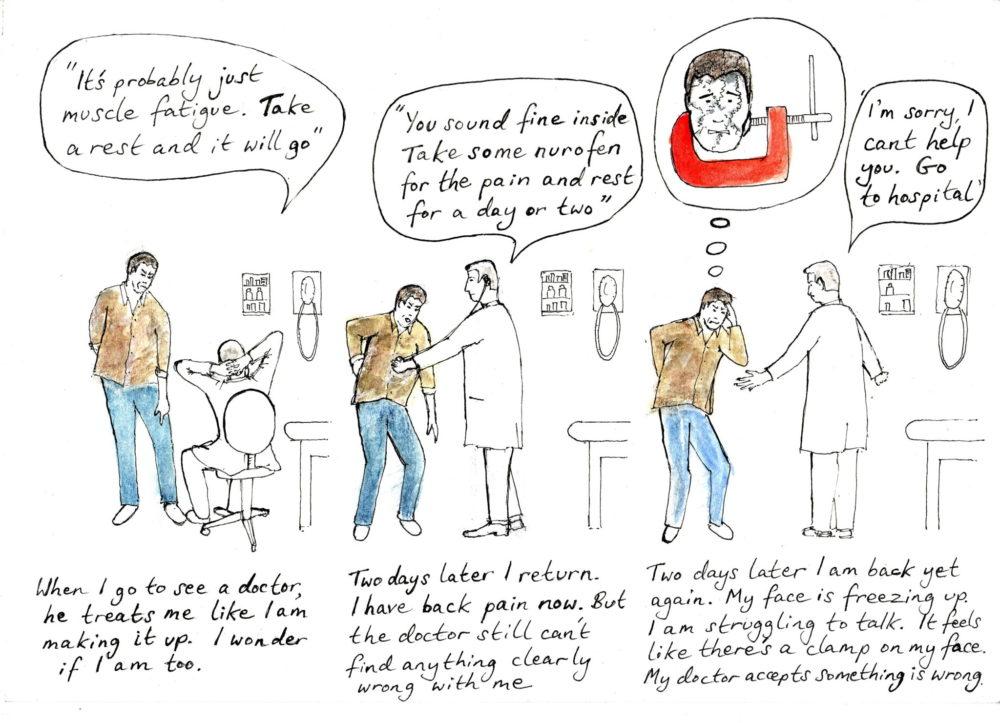
He had contracted the rare autoimmune disorder known as Guillain-Barré syndrome (GBS). It once plagued WWI soldiers — in fact, Guillain-Barré syndrome is named after the two French doctors, George Guillain and Jean Alexandre Barré, who diagnosed the soldiers with the disorder.
Lucky for North, doctors at his hospital knew about it.
"They suspected it and they did the tests that you need to do in order to confirm it, a test of your spinal fluid," he says. "And then I was taken to an emergency care facility."
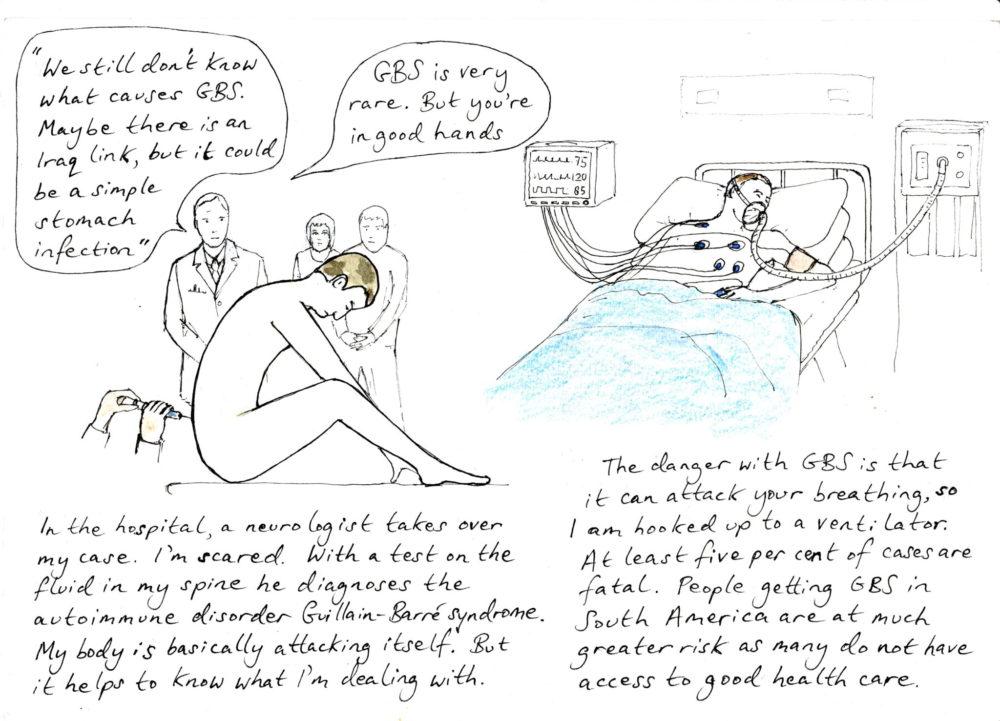
The disorder hits some people harder than others. Doctors still aren't sure why.
"It's still a mystery illness," North says.
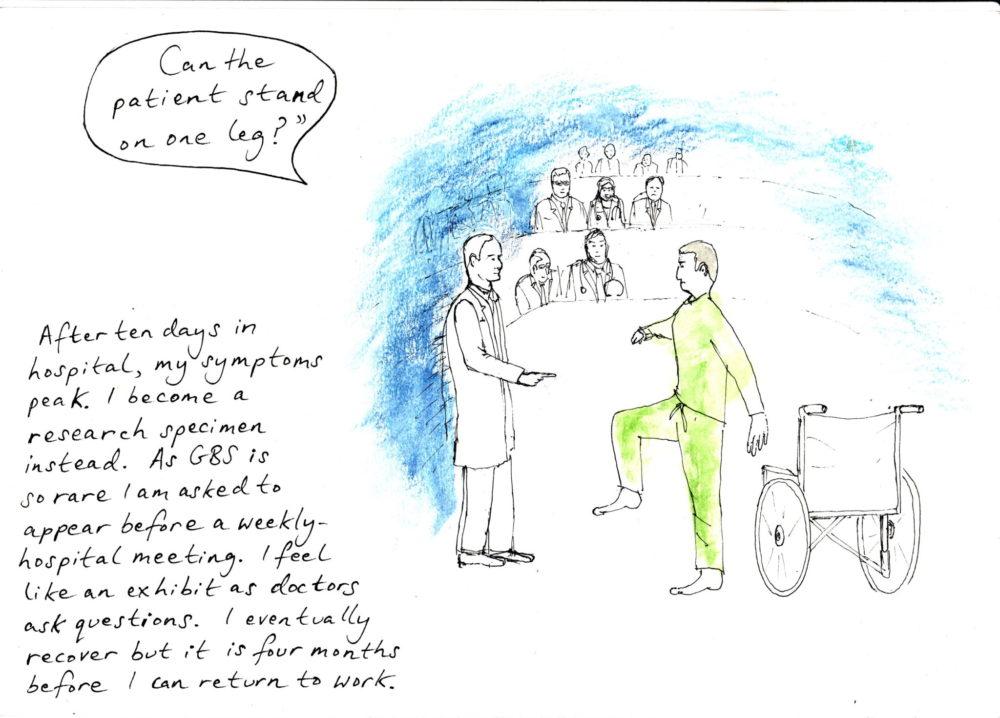
GBS has returned to the headlines with its suspected link to Zika. And North is worried that more people will experience what he did. GBS is on the rise in Brazil and other South American countries. And that can stress the hospitals there.
"It can put people in hospital for a very long period of time," he says. "So we're talking about an increased burden on health services around the world."
North wrote a piece about GBS for Narratively. You can read it in full here.
Every day, reporters and producers at The World are hard at work bringing you human-centered news from across the globe. But we can’t do it without you. We need your support to ensure we can continue this work for another year.
Make a gift today, and you’ll help us unlock a matching gift of $67,000!
